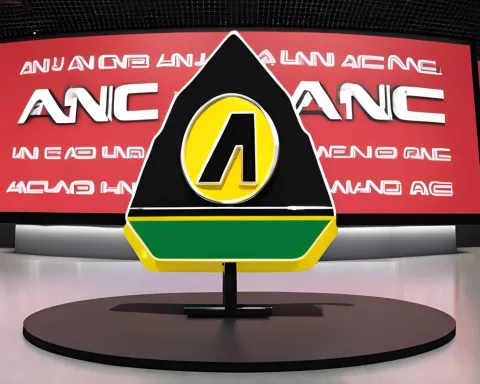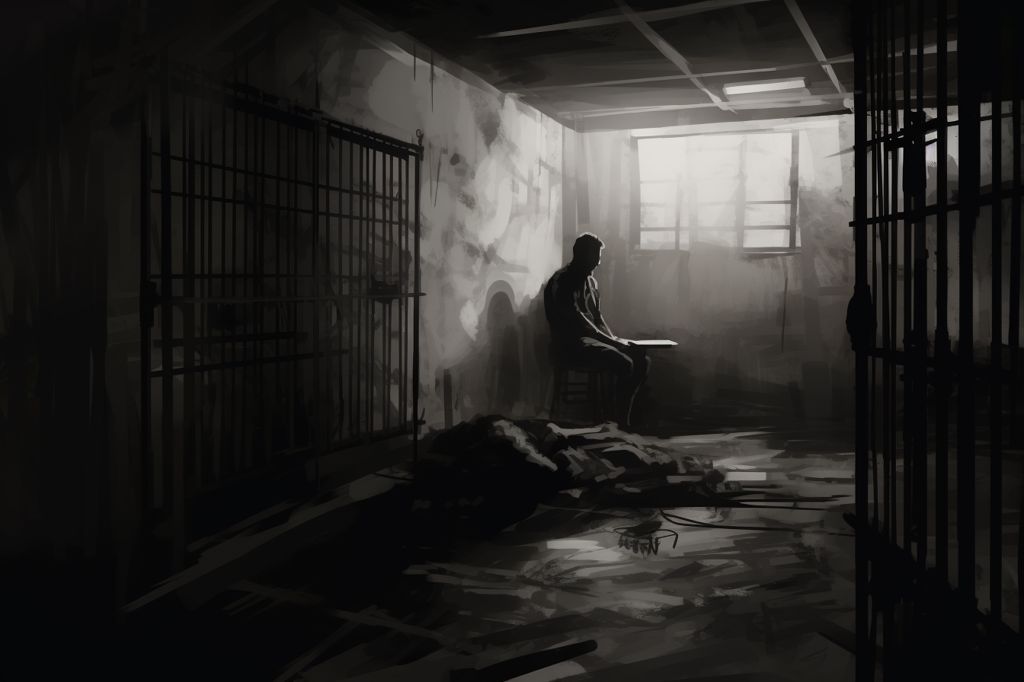Swellendam, a charming Western Cape town in South Africa, has been embroiled in heated disputes over electricity tariff hikes and the municipality’s indigent policy. These tensions culminated in the torching of municipal offices and looting of shops on August 16th.
Residents Demand Free Electricity Units for Indigent Households and Automatic Rebates for Pensioners
The residents of Swellendam have requested a set amount of free electricity units for indigent households, automatic rebates for pensioners, and the waiving of fixed electricity connection charges for pensioners. They also demand the provision of electricity to currently unconnected areas. However, the municipality has insisted that households must reapply annually for these indigent subsidies.
Swellendam Accused of Excluding Wider Public and Serving Only a Select Few
The memorandum submitted to the DA Mayor Francois du Rand accuses Swellendam of acting in an “aggressive, uncooperative, and non-transparent manner” over the years, thus excluding the wider public and serving only a select few. The residents called for incentives such as additional free units for sparing electricity usage, turning off streetlights during the day to save electricity, and abolishing the link between municipal rates and property value.
Mayor Du Rand Defends Municipality’s 18.49% Electricity Tariff Hike
Mayor du Rand penned a ten-page letter defending the municipality’s 18.49% electricity tariff hike, effective 1 July 2023. He argued that national electricity tariffs had increased by over 600% since the electricity crisis began in 2007. Du Rand further blamed the ANC and ESKOM for the tariff hikes, stating that people’s migration to the Western Cape proved the existence of good governance under the DA.
Residents Call for Intervention from Co-operative Governance and Traditional Affairs Minister
Unfortunately, the mayor’s response did not satisfy the residents, as they felt that none of their demands had been met. Resident Riaan Jonas stated that the community had not received the policy change they sought, and they were now calling for intervention from the Co-operative Governance and Traditional Affairs Minister Thembi Nkadimeng.
Poor Communication with Residents Exacerbates Conflict
One issue that seems to exacerbate the conflict is the municipality’s poor communication with residents. Hennie Smit, a consultant for the newly formed ratepayers association, said, “It’s not open and clear what exactly they are going to do.” He added that the torching of the municipal offices could have been prevented had the mayor responded to a meeting request prior to the eruption of violence.
Municipality Maintains Extensive Public Participation Process
Municipal Manager Anneleen Vorster maintained that the municipality follows an extensive public participation process in preparing the budget and Integrated Development Plan annually. She cited various initiatives, such as “coffee breaks,” aimed at engaging with the community and explaining policies.
Uncertainty Remains as Tensions Continue to Brew in Swellendam
As tensions continue to brew in Swellendam, it remains to be seen whether the municipality and the community can find common ground and address the grievances outlined in the memorandum. Meanwhile, electricity tariffs remain a contested issue in several other municipalities across South Africa, with protests and demands for tariff reductions becoming increasingly common.












